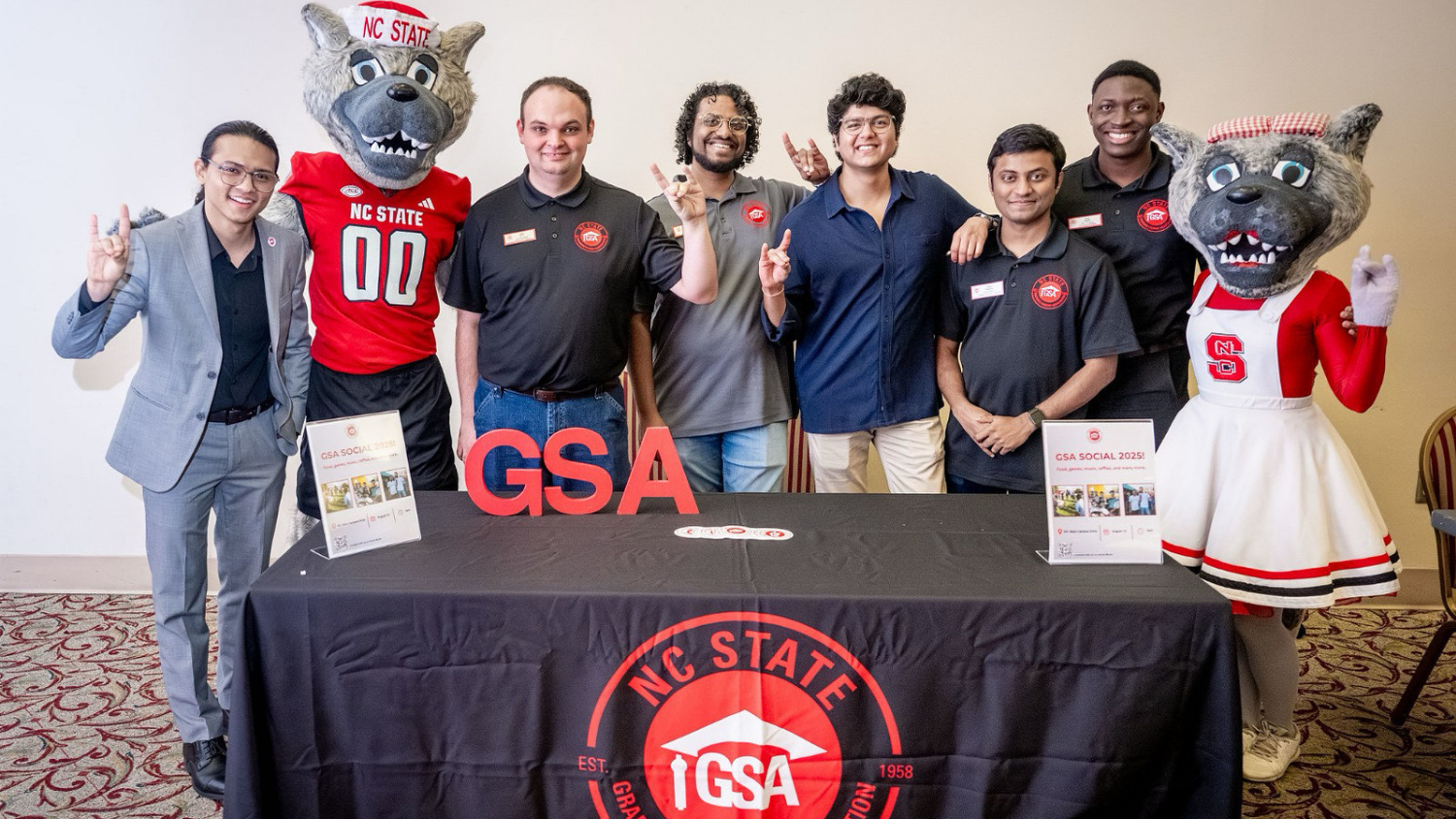Each year, the Global One Health Academy funds an exceptional group of graduate students with One Health related research interests. During their one-year appointment, the Global One Health Fellows are offered many opportunities, such as professional development workshops, networking with One Health professionals and more! Learn more about Benjamin Clark and how the Global One Health Fellowship helped advance his professional career and support his important research on the environmental movement of pathogens.
What do you research?
I research the way pathogens – primarily those that cause enteric diseases – move through the environment.
What are the implications of your research, and how does it fit into the One Health framework?
Understanding the environmental movement of enteric pathogens is critical because enteric diseases remain one of the leading causes of global mortality. Engineering interventions such as drinking water, sanitation, and hygiene infrastructure can reduce illness and death, yet billions of people still lack reliable access. Further, the existence of infrastructure does not guarantee proper use and management of these systems or protection from alternative sources of enteric disease (e.g., animal feces).
Compounding this challenge, antimicrobial resistance is rapidly increasing, rendering antibiotics ineffective for treating many diseases and causing more than a million deaths annually. In regions with inadequate sanitation or poor animal waste management, resistant pathogens can proliferate and persist in the environment, reaching humans through multiple pathways, including drinking water and food.
These issues sit squarely within the One Health framework by recognizing that human and animal health are interconnected and mediated by the shared environment. Identifying the sources of enteric pathogens and the dominant exposure pathways is essential for designing effective, context-appropriate engineering solutions that protect community health and slow the spread of antimicrobial resistance.


What/who inspired you to pursue this field of study?
My parents and close family friends, the McCauleys, inspired me to pursue a career in science. As a boy we frequently spent time in or around water, whether it was catching frogs in the storm ponds or swimming at the pool. When I was accepted to Virginia Tech, my mom advised me to pursue their new Water degree because it sounded like something I would enjoy. I took her advice, and her intuition was correct. In my first semester at Virginia Tech, I learned about how billions of people lack access to water and sanitation globally and I felt an injustice for them. Since then it has been my dream to work on global water and sanitation issues, and I’m lucky to have gotten the chance to do so at NC State University as a Global One Health Fellow.
What do you view as a critical global challenge in One Health, and how could your discipline contribute to addressing it?
I see antimicrobial resistance as an enormous and urgent challenge. There are many methods that are used to monitor for resistance across the planet and monitoring has uneven spatial and socioeconomic coverage. My discipline can contribute to this challenge by standardizing and integrating antimicrobial resistance monitoring within the Joint Monitoring Programme’s framework for monitoring water, sanitation, and hygiene infrastructure and behaviors. This could help provide more robust datasets that are more even in spatial coverage to help address solutions for slowing the spread of antimicrobial resistance while still prioritizing the expansion of water and sanitation access.


How has the Global One Health Fellowship helped shape your career trajectory?
The last year of learning and working with all the different One Health professionals really solidified my desire to become an academic and to continue fostering transformative research spanning communities, government, industry, and academic institutions at home and abroad.
What was your favorite part of the Global One Health Fellowship?
I really enjoyed our class together the most. Getting to learn about everyone’s One Health related research was so interesting that we frequently went over time in class due to our lively conversations!
What are your next steps?
I am hoping to publish much of my dissertation work prior to graduating this year. After graduation, I hope to be a post-doctoral researcher where I can continue to contribute to the fields of global water, sanitation, and hygiene and antimicrobial resistance.


Is there anything else you’d like to share?
I am actively looking for post-doctoral opportunities. If you are interested in hiring an experienced environmental engineer/microbiologist who has international field work experience, please reach out to me at bjclark4@ncsu.edu.
This post was originally published in Global One Health Academy (GOHA).
- Categories:



